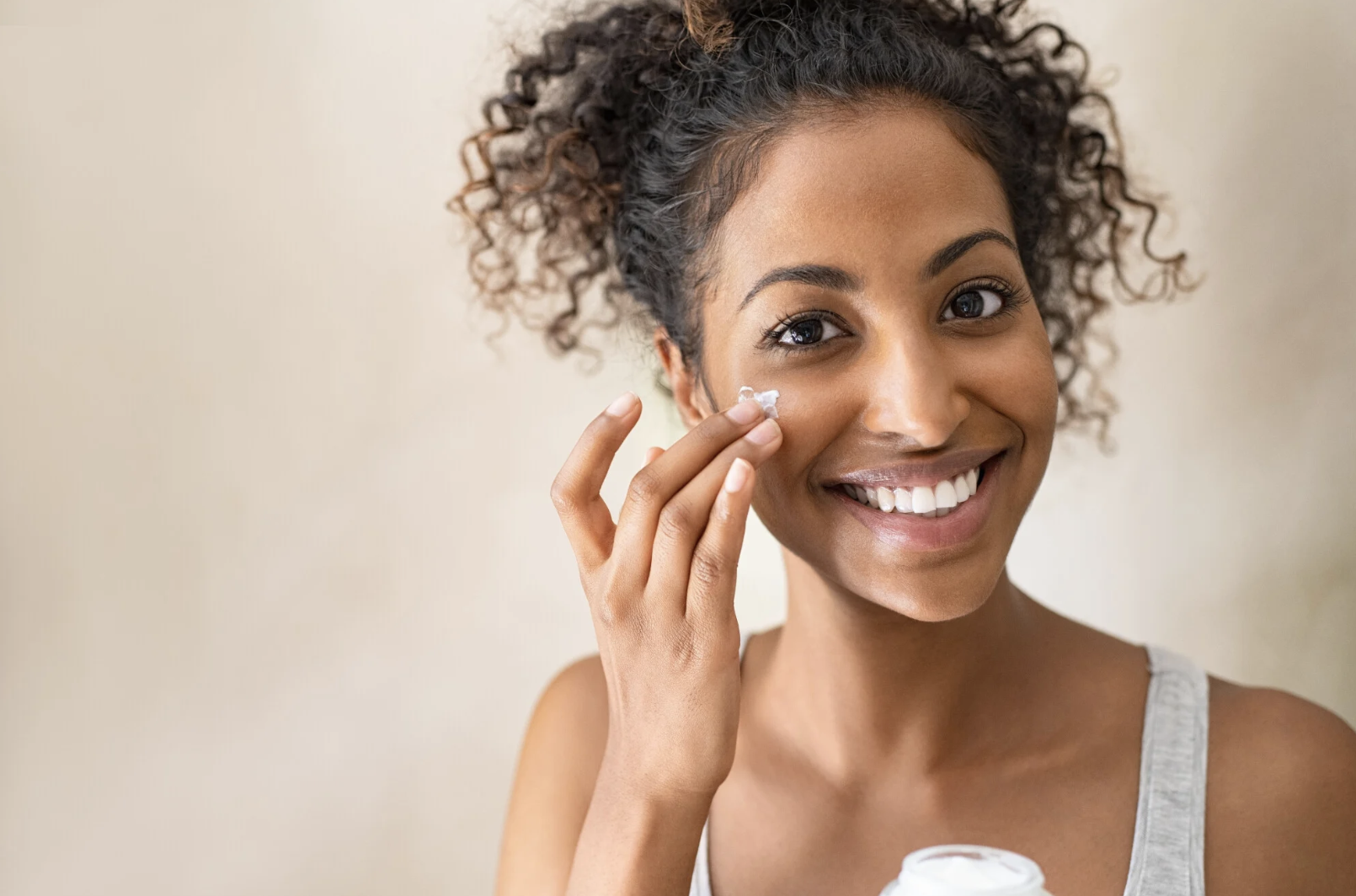How to Boost Your Skin’s Health and Quality

Your skin is one of the most important parts of your body, serving as a protective barrier while also playing a key role in your overall appearance. However, maintaining healthy, radiant skin requires more than just an occasional skincare routine. Proper care, lifestyle choices, and a well-balanced diet all contribute to the quality of your skin. Whether you’re dealing with dryness, acne, or dullness, making small changes can result in noticeable improvements. Here’s how to enhance your skin’s health and achieve a naturally glowing complexion.
Hydration: The Foundation of Healthy Skin
One of the simplest yet most effective ways to boost skin health is to stay hydrated. When your body lacks sufficient water, your skin can become dry, flaky, and prone to fine lines. Proper hydration helps maintain elasticity, improves texture, and promotes a more youthful appearance.
Drinking at least eight glasses of water a day ensures that your skin remains plump and moisturized from within. If you struggle with dry skin, adding hydrating foods such as cucumbers, watermelon, and oranges to your diet can provide an extra boost. Additionally, using a high-quality moisturizer locks in moisture and creates a protective barrier to prevent dehydration.
Nourishing Your Skin With the Right Diet
What you eat has a direct impact on the health of your skin. A well-balanced diet rich in vitamins and antioxidants helps protect against damage, reduce inflammation, and encourage cell regeneration. Essential nutrients such as vitamin C, vitamin E, and omega-3 fatty acids play a vital role in promoting skin health.
Foods such as salmon, avocados, and nuts provide healthy fats that nourish the skin and help maintain its elasticity. Leafy greens, berries, and citrus fruits are excellent sources of antioxidants that protect against environmental stressors. Limiting processed foods, excessive sugar, and dairy can also help prevent breakouts and irritation.
Establishing a Consistent Skincare Routine
A proper skincare routine is essential for keeping your skin in top condition. Cleansing, exfoliating, moisturizing, and applying sunscreen are key steps that should be part of your daily regimen.
Choosing a gentle cleanser helps remove dirt, oil, and impurities without stripping your skin’s natural moisture. Exfoliating once or twice a week eliminates dead skin cells, allowing new cells to surface and giving your skin a brighter appearance.
Moisturizing is crucial for maintaining hydration and preventing dryness. Regardless of your skin type, using a lightweight, non-comedogenic moisturizer keeps your skin soft and supple. Sunscreen is equally important, as prolonged sun exposure can lead to premature aging, hyperpigmentation, and an increased risk of skin cancer. Applying SPF 30 or higher every morning protects your skin from harmful UV rays and helps maintain an even skin tone.
Managing Stress for Clearer Skin
Stress can take a serious toll on your skin. When you’re under high levels of stress, your body produces more cortisol, a hormone that increases oil production and can lead to breakouts, irritation, and dullness. Finding ways to manage stress effectively can help prevent skin-related issues.
Incorporating relaxation techniques such as meditation, deep breathing, and regular exercise into your routine reduces stress levels and promotes healthier skin. Getting enough sleep is also essential, as your skin repairs itself while you rest. Aim for at least seven to eight hours of quality sleep each night to wake up with a fresh, rejuvenated complexion.
Protecting Your Skin From Environmental Damage
Your skin is constantly exposed to external factors such as pollution, harsh weather, and harmful chemicals. Protecting it from environmental stressors can help maintain its quality and prevent premature aging.
Using antioxidant-rich skincare products helps neutralize free radicals that can damage skin cells. Ingredients like vitamin C and green tea extract provide protection and promote a healthy glow. And, wearing protective clothing, such as hats and sunglasses, can help shield your skin from excessive sun exposure.
Cleansing your skin at the end of the day removes accumulated dirt and pollutants, preventing clogged pores and irritation. Double cleansing, which involves using an oil-based cleanser followed by a water-based cleanser, is particularly effective in removing stubborn impurities and makeup residue.
Seeking Professional Skincare Treatments
While a good skincare routine and healthy lifestyle habits can significantly improve your skin, professional treatments can enhance results and target specific concerns. Consulting a dermatologist or skincare specialist can help you determine the best approach for your skin type and concerns. Treatments such as chemical peels, laser therapy, and microdermabrasion can help improve skin texture, reduce hyperpigmentation, and promote collagen production.
If you’re struggling with persistent acne, professional-grade facials and medical treatments can help regulate oil production and prevent breakouts. For those seeking long-term improvements, considering specialized treatments for flawless skin can be a game changer. Investing in high-quality skincare products recommended by professionals can also make a significant difference in achieving radiant, healthy skin.

Improving your skin’s health doesn’t happen overnight, but making consistent, small changes leads to lasting results. Adopting healthy habits, using the right skincare products, and staying mindful of environmental factors contribute to maintaining a glowing complexion.
By prioritizing hydration, nourishing your skin from within, managing stress, and seeking expert guidance when needed, you can enhance your skin’s quality and achieve a youthful, vibrant look. Remember, taking care of your skin is an investment in both your confidence and overall well-being.



